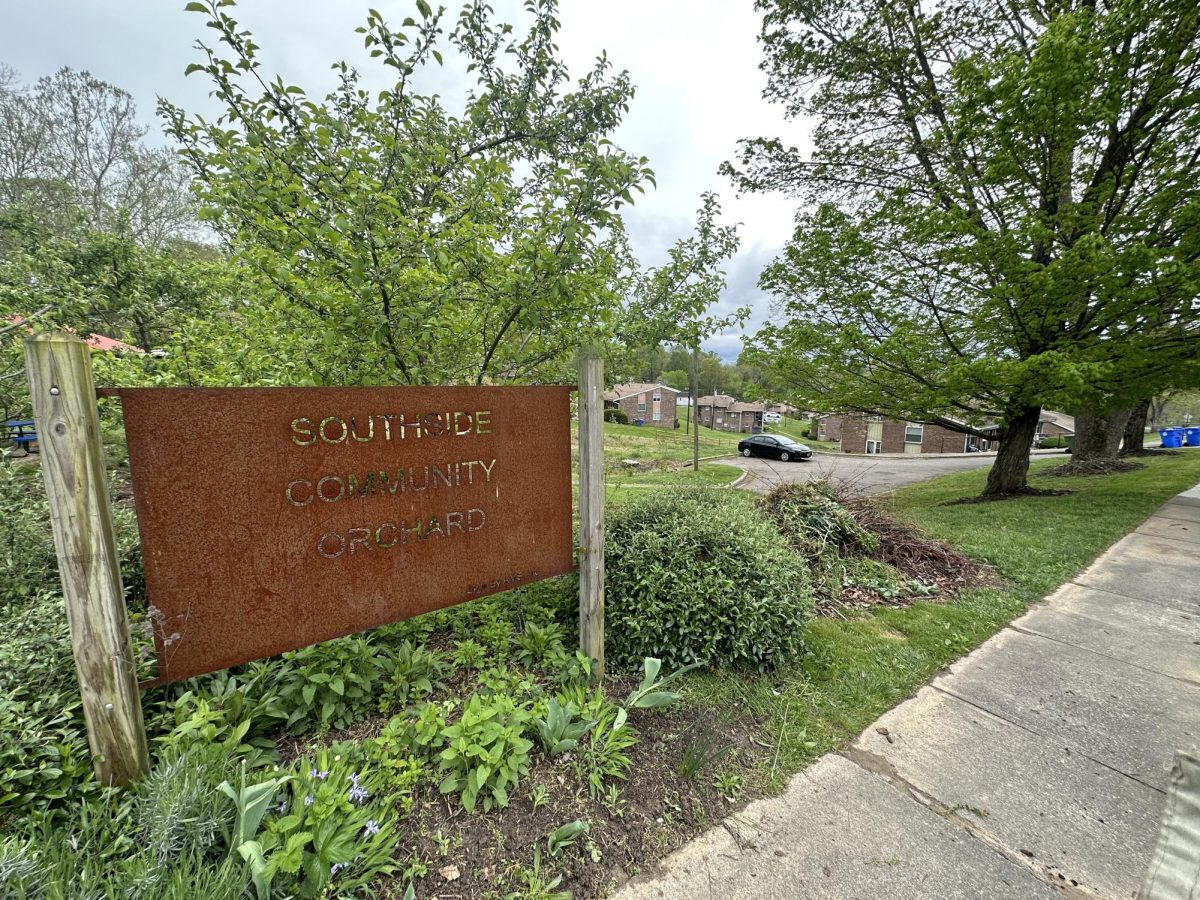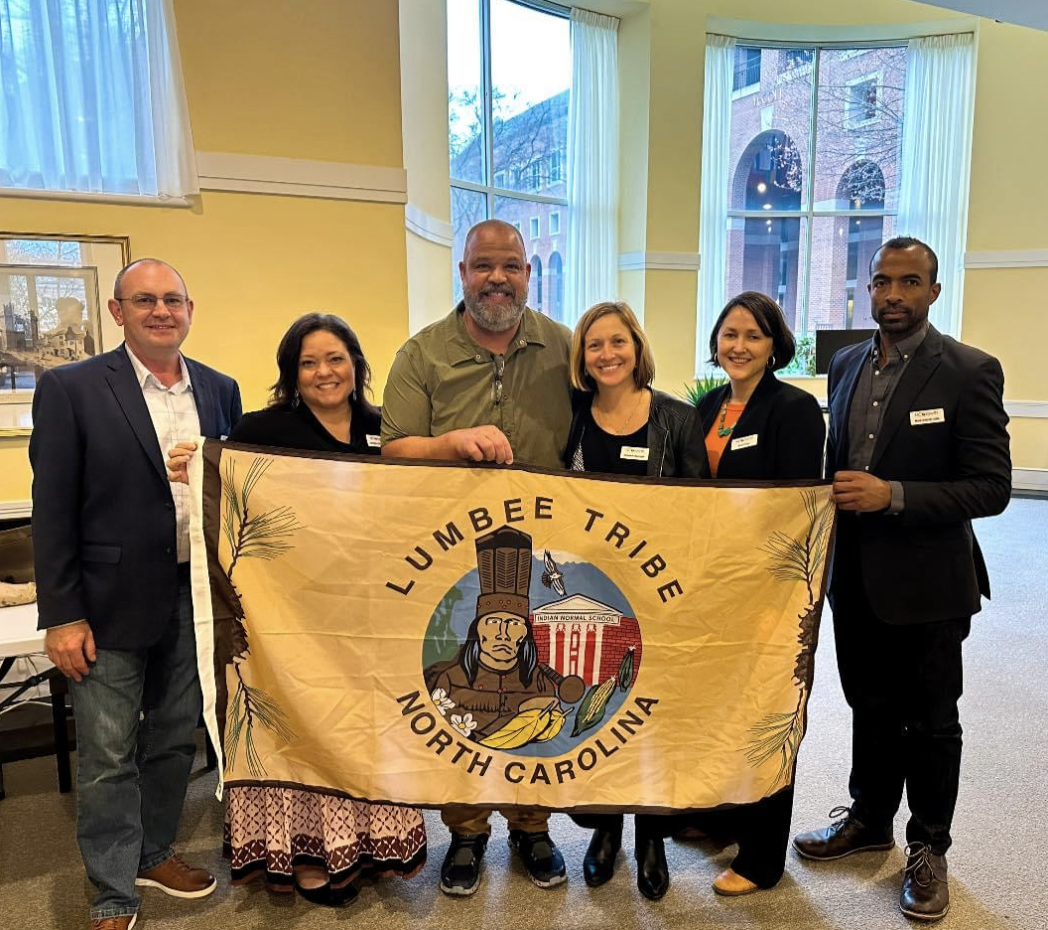by Hanna Lesky – Staff Writer – [email protected]
Sexual misconduct remains a prominent issue on college campuses across the country, and UNC Asheville is not exempt from this despite its low crime rate, according to some students.
“Sexual assault is not always taken seriously, which is why so many people do not report. UNCA does have a small population, yes, so our statistics may correlate with that,” said Janie Warstler, co-leader of Speak-Up, UNCA’s anti-sexual violence organization.
UNCA reports three sex offenses per year for the past three years, according to the 2012 Annual Security and Fire Safety Report.
“I think the larger issue at hand is the culture of rape apologism, in which survivors’ experiences are invalidated, where they are shamed for this experience, and where they believe their case to not be important, whether that be in the eyes of police, family, or anyone else they may disclose to. I believe this is the overarching issue that drives so many survivors to abstain from officially reporting their trauma,” Warstler said.
According to the Rape, Abuse and Incest National Network, 54 percent of sexual assaults are not reported to police.
“UNCA has a strict and comprehensive policy on sexual violence, and I have every hope that, and faith in our faculty, that anyone who chooses to disclose through UNCA will be treated with the respect and care they deserve,” Warstler said.
Campus authorities said they do what is in their power to combat sex offenses.
“An important thing that we want our students to know is that their health and safety, both mental and physical, is the most important to us, and that’s what our focus will be if they come forward, is to get the appropriate medical attention, and get them in contact with resources that can help them work their way through the healing process,” said Eric Boyce, director of public safety.
Another statistic from RAINN states 97 percent of rapists will never be prosecuted.
“I think it correlates with the underreported statistic, that if the police aren’t able to investigate, or they are not aware that that incident occurs, then those suspects don’t really stand a chance to be prosecuted,” Boyce said.
Boyce said if someone wants to get help after a sexual assault, they can go to health and counseling or contact the police and report the incident.
“Either one of those avenues will get you the appropriate resources that you need to begin that healing process. If you decide to prosecute, then the police will conduct an investigation and help with that process,” Boyce said.
Assaults can be reported to campus police, but students say sexual harassment is a different issue.
“If we care about each other on this campus and truly want each other to be safe beyond some check mark on a sheet that says, ‘We followed protocol,’ and after all this buzzword-y talk about ‘community’ and ‘leadership’ at UNCA, we need to start talking about it more and come up with some ‘seriously creative’ strategies. Otherwise, we leave those terms as empty marketing tools and we leave each other isolated and unsupported,” said Dana Middleton, senior literature student.
At the Sexual Harassment Speakout organized by the women’s gender and sexuality studies department last Thursday, Middleton said two of her friends were sexually harassed by different faculty members.
“They communicated that their understandings were that the situation either diffused to nothing but a wag of the great administrative finger at the professor in question or that the situation was mediated and the professor denied and undermined the student’s account of harassment,” Middleton said.
“During the Speakout in the Laurel Forum, a few people used words like ‘creep’ to describe harassers they’d encountered. The truth is that people who are intelligent, charismatic, attractive and in leadership roles can also be harassers. And perhaps these qualities, which privilege them in social situations, also allow them to get away with harassment, say, easier than the average creep,” Middleton said.
Privilege is not the only thing preventing recognition of sexual harassment, Middleton said.
“Our society, especially in academic culture, expects the truth to come with quantitative facts. There are too many stories of people who are not taken seriously or believed because they have nothing more than the account of their experience,” Middleton said.
Middleton said she believes most faculty are working hard to educate others about sexual abuse and harassment, and would like that people could safely address their experiences and hold harassers accountable.
If someone wants to file a sexual harassment complaint, they can contact UNCA’s Title IX Coordinator Rusty Marts, director of employee relations and affirmative action.
“We average one complaint per semester,” Marts said.
When Marts receives a complaint, he goes through a process beginning with fact-finding and interviewing all who were involved or witnessed the incident, and eventually the vice chancellor decides what disciplinary measure to take.
“Discipline can range from a written warning to dismissal from employment, depending on the severity of the offense. If the complaint involves a student, the dean of students is involved in the process and works with me jointly in conducting the fact-finding phase of the process,” Marts said.
Latest Stories
- UNC Asheville Die-In
- AI use in schools and the workforce raises concerns
- Southside Community Farm seeking voters for safety
- Students wonder if campus dining is actually adequate
- Tribal political activities surge due to Lumbee tribes request for federal recognition
- Learn a Language!
- Questions On the Quad Episode 11
- What Do Blue Banner Staff Listen To?
- Asheville residents at odds over U.S. financial assistance to Ukraine
- The UNC Asheville Saber Club’s duels remain, moved to AC Reynolds Green

















